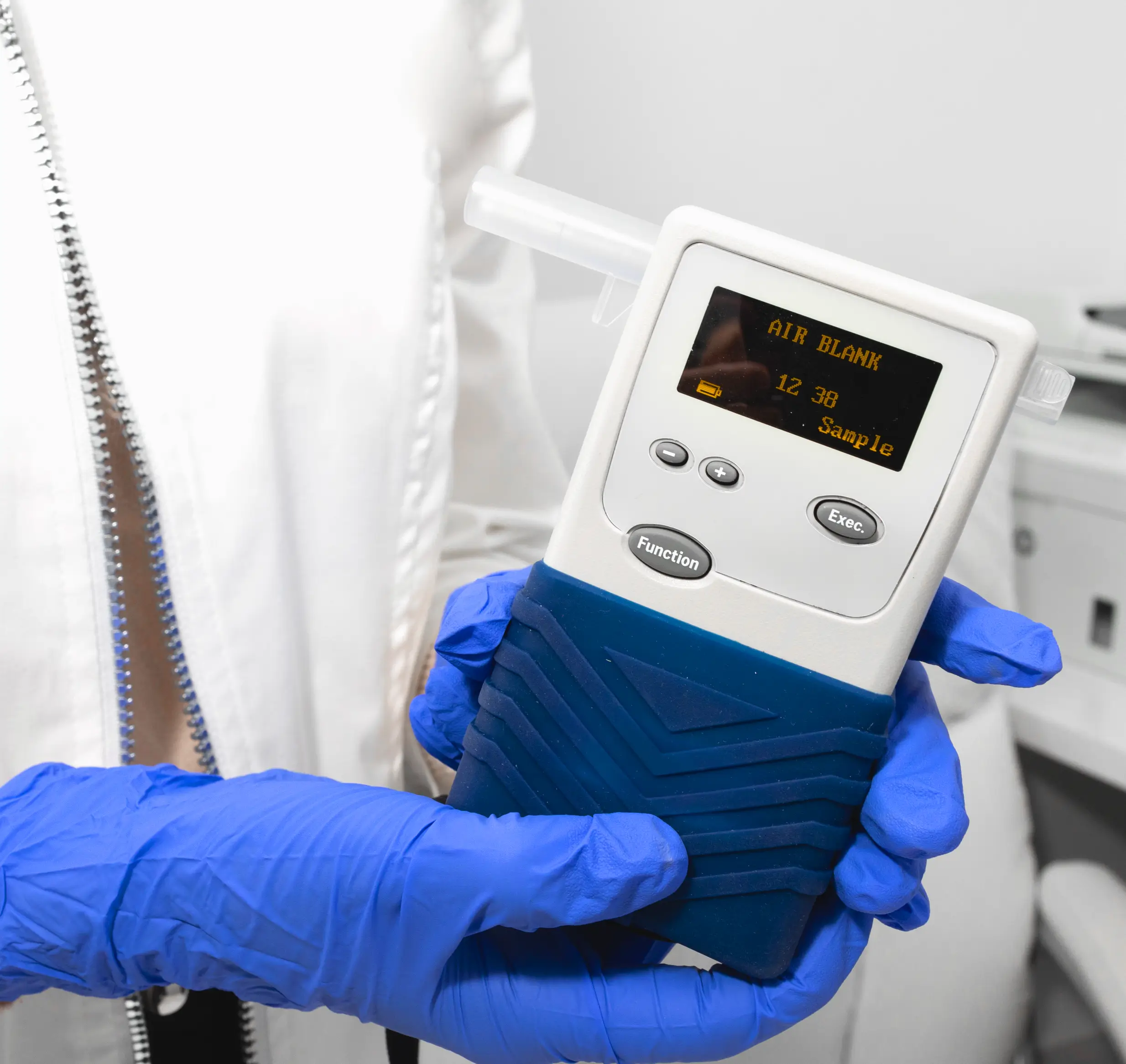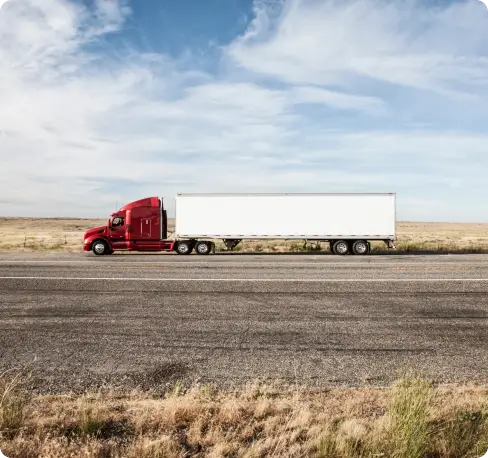DOT Alcohol Testing
Our approach to DOT Alcohol Testing
Our DOT Alcohol Testing service is open to employers nationwide. Our collectors are adeptly trained and certified, ensuring adherence to the Department of Transportation guidelines (49 CFR Part 40) for testing safety-sensitive employees for alcohol usage.
What we offer:
- Access to 30,000+ collection sites nationwide
- SAMHSA-certified laboratories, certified urine collectors, and certified breath alcohol technicians
- Certified, full-time, MRO reporting of results - via fax, e-mail, and or web reporting
- Cutting-edge web-based technology used for management, record-keeping, random selections, and test results reporting
- NHTSA Approved EBTs (Evidential Breath Testing devices)
- Ongoing consultation and administrative support in English, Romanian, and Russian

Understanding the DOT Drug Testing

The DOT alcohol testing rules require that employees working in transportation industries with “safety-sensitive” duties submit to alcohol tests. DOT-regulated employers must use breath alcohol testing for compliance with DOT alcohol testing requirements. Ultimately, this test measures how much alcohol is in a person's breath, therefore indirectly measuring how much alcohol is in a person's blood. .
! The test is performed by a trained Breath Alcohol Technician (BAT) using an Evidential Breath Testing (EBT) device.
Reasons for DOT Alcohol Testing
Enroll nowPre-employment
All operating agencies, except the USCG, allow for pre-employment alcohol testing.
Random
Random selections for alcohol testing should employ a scientifically validated approach. 'Random' implies that all eligible employees have an equal likelihood of being selected for testing. The annual random testing rates are established by each DOT agency and are subject to annual adjustments.
Post-accident
Post-accident alcohol testing involves checking for the presence of alcohol in an individual's system after an accident or incident, typically in a workplace or transportation setting. This testing helps determine if alcohol impairment may have been a factor in the accident. Alcohol tests should be completed within 8 hours.
Reasonable suspicion
If a trained supervisor observes unusual behaviour indicating potential drug or alcohol use in an employee, they are obligated to instruct the employee to undergo a drug and alcohol test. Only supervisors who have completed drug and alcohol awareness training are authorised to request a test based on reasonable suspicion.
Return to Duty
Return-to-duty tests are exclusively conducted on employees resuming safety-sensitive responsibilities subsequent to a positive drug or alcohol test and upon completion of a treatment or education program. All return-to-duty tests must be conducted under direct observation.
Follow-up
The testing schedule is solely determined by the Substance Abuse Professional (SAP). DOT regulations mandate a minimum of 6 unannounced tests within a 12-month period. All follow-up tests must be conducted under direct observation.
DOT Regulated Agencies
Federal Motor Carrier Safety Administration
Federal Aviation Administration
Federal Railroad Administration
Federal Transit Administration
Pipeline and Hazardous Materials Safety Administration
United States Coast Guard
*If you are not sure if you are subject to the DOT Drug & Alcohol Testing Regulations, the Department of Transportation created a guide to help you.

The Route One Drug Test difference
options
drug screening
customer service
Online Management Platform

By signing up, you'll gain access to our free online management portal to schedule tests, securely access results, and manage your testing process with ease. Ensure a safe and compliant workplace today!